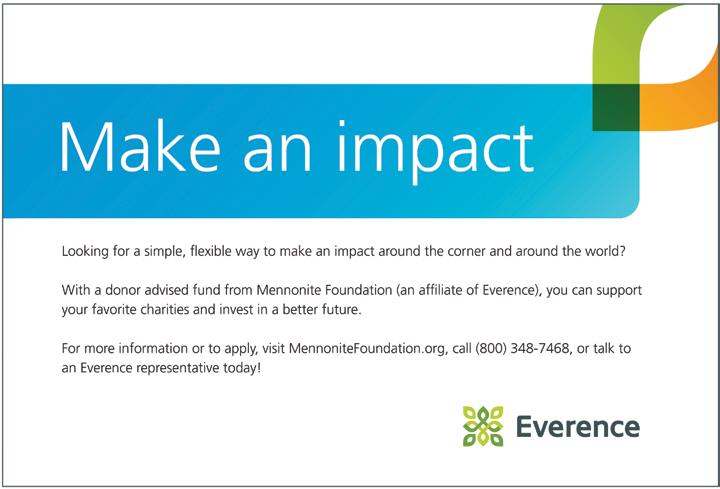
4 minute read
Soundbites
Think twice about that volcanic memo
The trouble with the memo as a way of expressing anger is that it’s unchecked by the restraints of civilization that usually govern in-person office fracases. Generally, people do not throw punches, or leap across desks and stick fingers in the eyes of those who disagree with them. And, with any luck, after the anger of the set-to has subsided, the intensity of the moment tends to be forgotten. The angry memo, however, can act as a breeder reactor — the satisfaction of venting your ire on paper can be so keen that you don’t want to stop, and after waxing wroth for a few pages, you apply another coat, and another. — Owen Edwards in Upward Nobility: How to Succeed in Business Without Losing Your Soul
Jobless virus
In many cases, those who fall behind in the job market at an early age never fully recover. Deprived of skills and experience in their first years in the workforce, they have trouble competing for good jobs for the rest of their working lives. A study ... tracked young Danish workers who were jobless for at least 10 months in 1994 and discovered that 15 years later they were almost twice as likely to be unemployed and earned 14% less — or about $10,000 less — per year than those who were employed as young adults. — Michael Schuman in “The Jobless Generation,” TIME
Crippling message
We should ask ourselves what is being communicated when a church allots time on Sunday morning to commission a short-term mission team for 10 days in Mexico, yet does nothing to commission new college graduates for their careers in business or government or
Opportunity for Group Travel
A few seats remaining with a guided tour
Oct 2 - 16

Travel with other Anabaptist Christians and meet with Church Planters in Barcelona and Madrid Call Alfa Tours/John and Nancy Leaman (717) 656-6612 johnleaman@juno.com education. The crippling and unambiguous message is that 10 days of volunteer work are more important to the church — and, by implication, to God — than a Christian’s lifelong occupation. — John C. Knapp in How the Church Fails Businesspeople (and what can be done about it)
Working hard? Working hard?
Imagine someone saying, “Let me do it. I don’t have enough to do.” Couldn’t happen in this age when “I’m too busy” is a badge of honor. Some thoughts on our national addiction: • “Workaholism is one of the only addictions in society that we boast about, that we’re proud of, that we actually support.” — Diane Fassel, Working Ourselves to Death • “When someone says they got rich through hard work, ask Whose.” — Donald Marquis • “Most people like hard work. Particularly when they are paying for it.” — Franklin P. Jones • “Though proponents of a kinder, gentler workplace stress family values and the importance of relaxation, most firms still like to have a workaholic at the helm.” — Carol Kleiman • “Times have changed. Forty years ago people worked 12 hours a day, and it was called economic slavery. Now they work 14 hours a day and it’s called moonlighting.” — Robert Orben • “Better one handful with tranquillity than two handfuls with toil and chasing after the wind.” — Ecclesiastes 4:6 • “If hard work were such a wonderful thing, surely the rich would have kept it all to themselves.” — Lane Kirkland • “Don’t brag to me about routinely putting in 12-hour days. It tells me that: (a) you are inefficient; (b) you take on more than you should; or (3) you’re trying to escape a problem.” — E.W. Eppworth • “Do not wear yourself out to get rich; have the wisdom to show restraint.” — Proverbs 23:4

Power of trust
If you trust people, they start leaning in and you see their best selves. You see their best work. They bring the best of their abilities to the party. You get 50,000 people working like this, it’s going to be great. — Frito-Lay CEO Al Carey
What they really mean
Nobody cares that the CEO says that quality is first, but they notice that the only number he ever comments on is revenue. People are always in search of their corporation’s gospel, and they read it not in the words of the leadership but in its behavior. — John Cowan in The Common Table: Reflections and Meditations on Community and Spirituality in the Workplace
A table for God?
The Church’s approach to an intelligent carpenter is usually confined to [moral instruction and church attendance]. What the Church should be telling him is this: that the very first demand that his religion makes upon him is that he should make good tables.... Let the Church remember this: that every maker and worker is called to serve God in his profession or trade — not outside it.... The only Christian work is good work well done. — Dorothy Sayers in her essay, Why Work?
Comments?
Would you like to comment on anything in this magazine, or on any other matters relating to business and faith? Feel free to send your thoughts to wkroeker@meda.org




